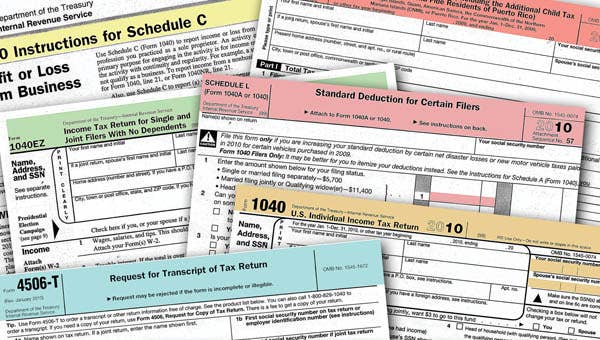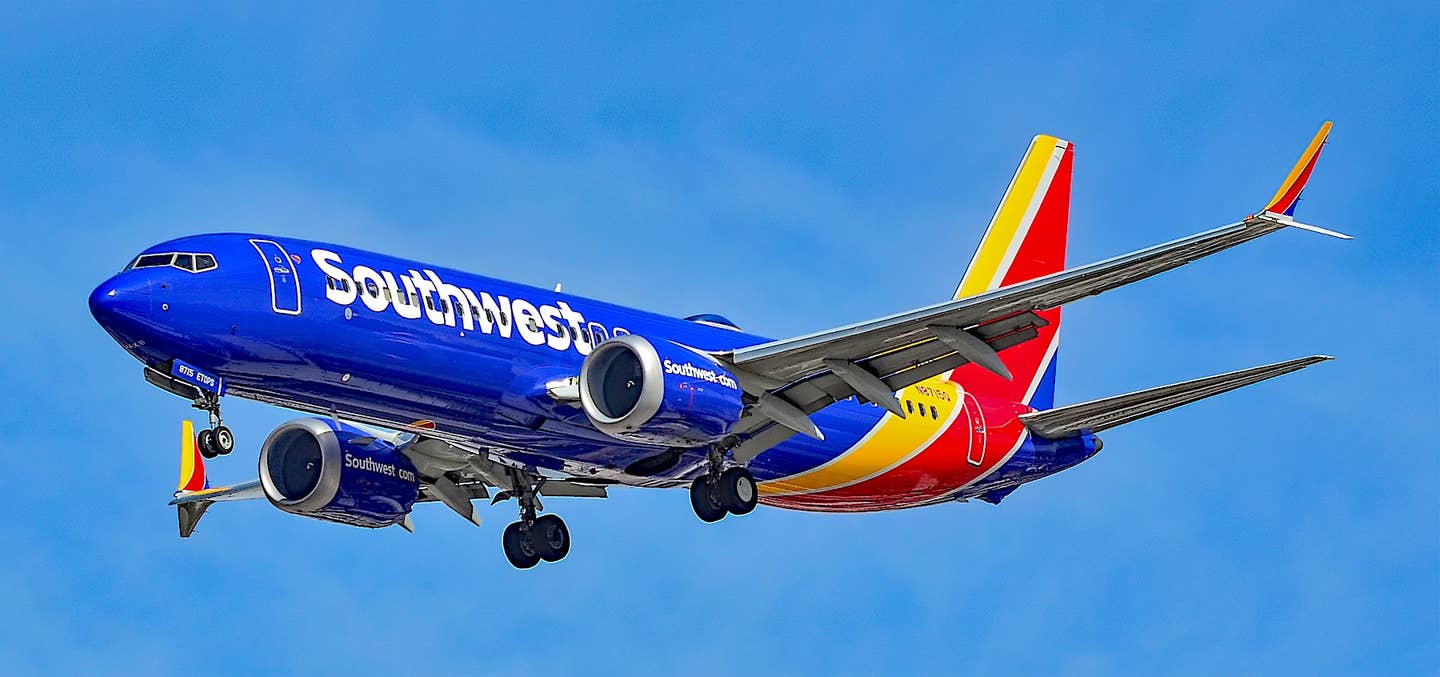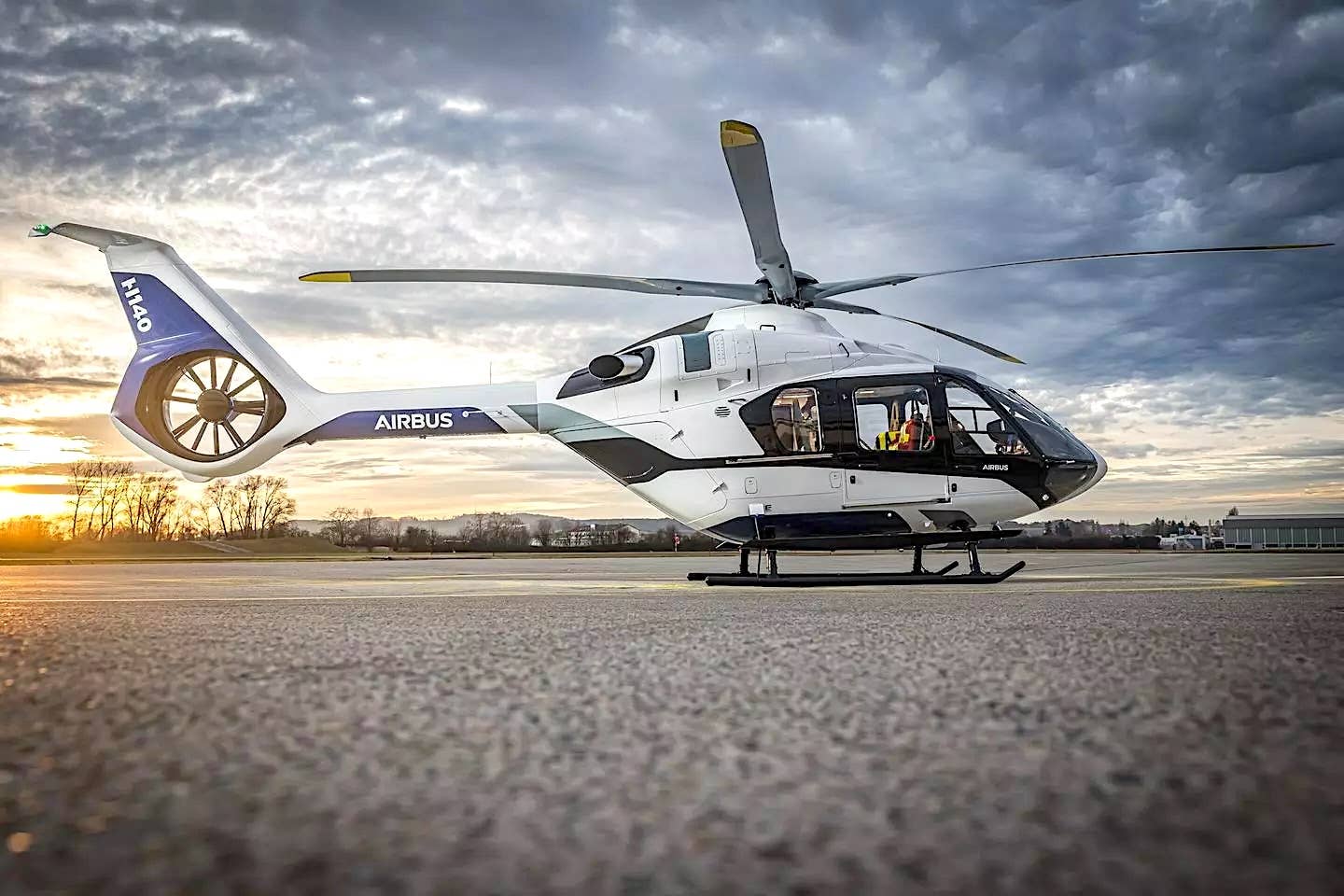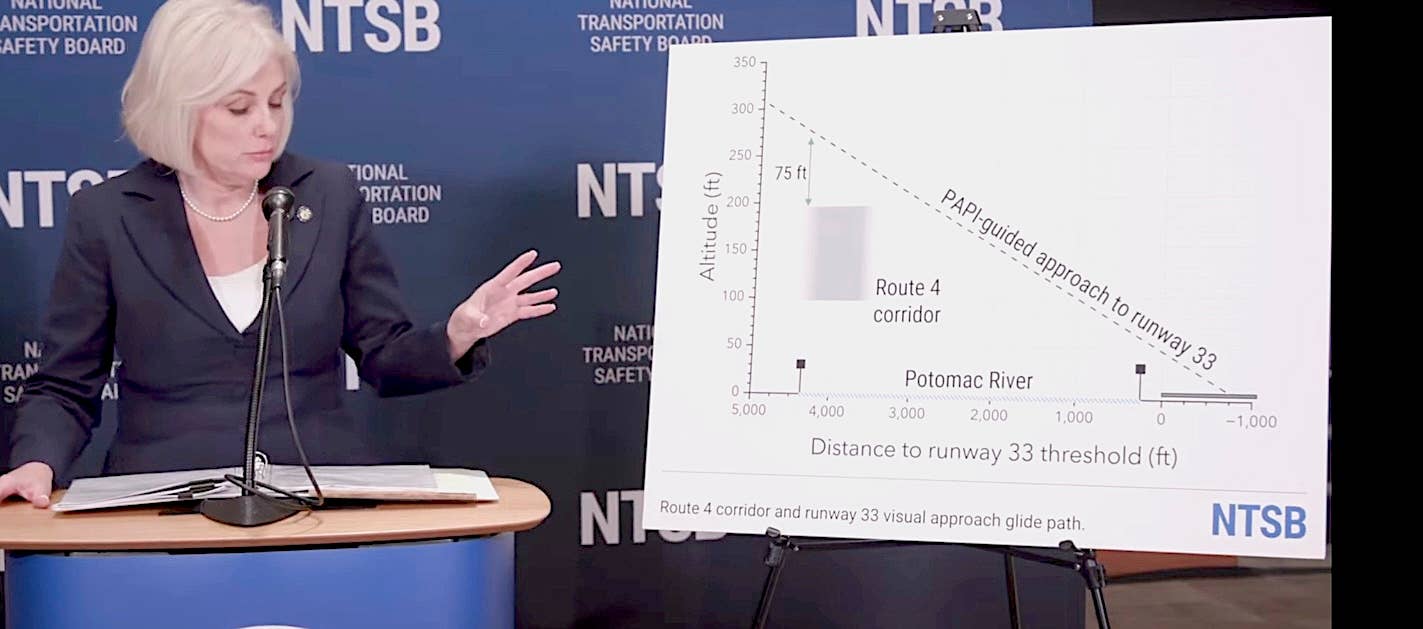NBAA Offers Tax Advice For Small-Business Aircraft Operators
The National Business Aviation Association (NBAA), usually associated with big corporate owners of multimillion-dollar business jets, also offers tax advice for “small-business aircraft operators.” While many light aircraft owners use…

The National Business Aviation Association (NBAA), usually associated with big corporate owners of multimillion-dollar business jets, also offers tax advice for “small-business aircraft operators.” While many light aircraft owners use their aircraft for business purposes, at least partially, they might be either failing to take advantage of attractive Internal Revenue Service codes or at risk for engaging in inappropriate tax strategies.
Tax consultant Joanne Barbera, of Barbera & Watkins LLC, told NBAA, “The broad categories are federal income and excise taxes and state and local taxes. The issues are essentially the same for both turbine- or piston-powered aircraft, though some small piston planes aren’t subject to excise taxes on passenger air transportation.”
Brent Snyder, managing director of Andersen Tax, advises the best time to sort out IRS considerations is before buying the aircraft. “Does a plane work for me? The answer depends on how you acquire it, and how you own it, outright or fractional, or something that looks like fractional but is really a lease agreement. The tax burden for each is different.”
Snyder also advises that planning for sales and use taxes and deciding where to take delivery of the aircraft can make a big difference in tax implications. “Every state is different,” he said. For example: “Some impose no sales taxes if you take delivery there and base it in another state after taking delivery.” Ryan DeMoor of MySky and vice chair of NBAA’s Tax Committee, said, “Be proactive. Ask the transaction/acquisition team for a thorough tax checklist and to recommend human and technical resources that will help the company reap the full rewards of its business aircraft.”
If you plan to operate your personal aircraft for business use, even just an occasional trip that qualifies, and do not have a “transaction/acquisition team” at your disposal, NBAA advises consulting a tax professional who has knowledge of aviation issues. Snyder said that business aircraft taxes have a lot of moving parts, given the complexities of the tax codes. “But, if you have a good system in place, including documentation, it will reliably meet your responsibilities.”






